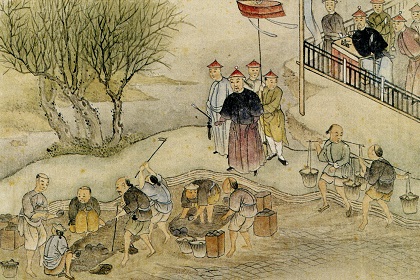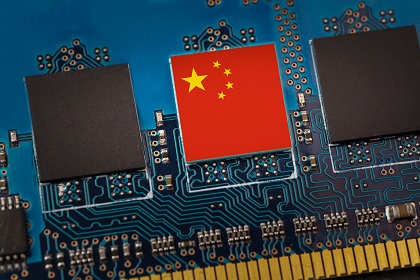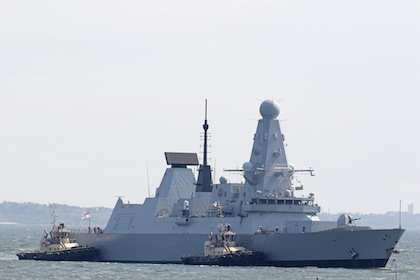Bombay’s history of opium trade
In the seventeenth century, the British established a monopoly on the opium trade to China. Bombay, a deep-sea port, emerged as a significant opium export hub for Indian and European traders alike. In this podcast, Sifra Lentin traces the events that led to the Opium Wars.










